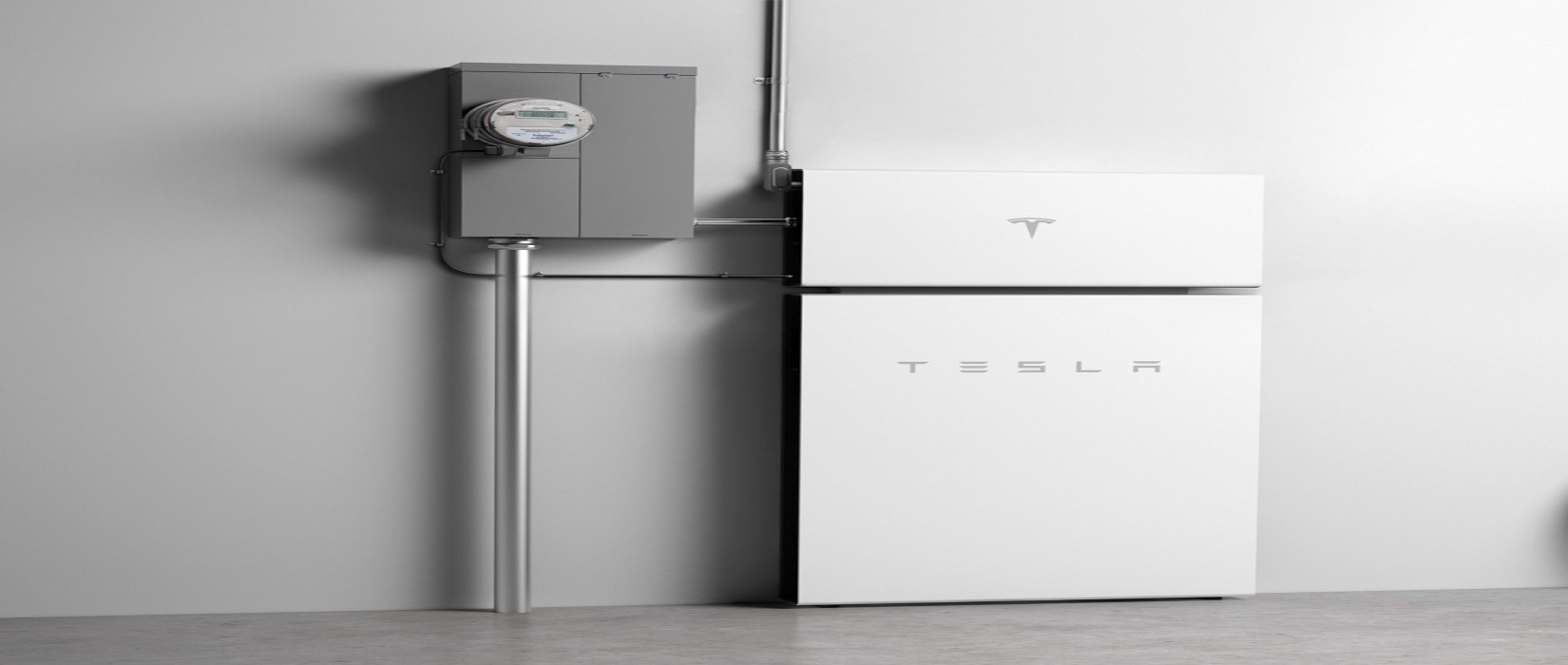Solar Battery System
20 September, 2024

A solar battery system is an energy storage solution that allows excess electricity produced by solar panels to be stored for later use. Solar panels usually generate more energy during the day instead of needed immediately. Rather than getting back this extra power to the grid, a solar battery system so that it can be used at night or in darkness. By decreasing the need of purchasing electricity during peak hours, this enhances energy independence, minimize dependence on the grid, and may result in significant cost savings. Systems for maintaining solar energy are essential for improving the efficiency of solar energy facilities especially in areas with insufficient sunlight.
Different types Of Solar Batteries
Solar batteries, that come in a variety of types and each with specific features, are necessary for storing the energy generated by solar panels. Lithium-ion, lead-acid, flow, and nickel-cadmium (NiCd) batteries are the most trendy styles.
Lithium-ion batteries are the most popular choice due to their high efficiency, long lifespan, and compact design. They are perfecting for residential as well as business installations because of their high energy density, which enables them to store more energy in a smaller amount of space. Further, they require very little maintenance.
Among the most traditional and common types of solar batteries are lead-acid batteries. while they are more affordable than lithium-ion batteries, they last shorter periods and have a lower energy density. There are two primary types of lead-acid batteries: sealed lead-acid (SLA), that requires less maintenance, and flooded lead-acid (FLA).
Lead-Acid batteries are one of the oldest and most widely used types of solar batteries. While they are less costly than lithium-ion batteries, they remain a shorter period and have a lower energy density. There are two main types of lead-acid batteries: sealed lead-acid (SLA), which requiring less maintenance, and flooded lead-acid (FLA).
Though less common, flow batteries visible an innovative method of energy storage. They are highly reliable because they use liquid electrolytes that are repeatedly battery-operated. Large-scale installations without a space limitations re perfect for flow batteries.
Batteries that contain nickel-cadmium (NiCd) are known for resilient and resistant to high temperatures. Even though they are not as efficient as lithium-ion batteries, remote industrial applications frequently utilize them.
Flow batteries are less common but offer an innovative approach to energy storage. While they are less expensive than lithium-ion batteries, they last less time and have a less maintenance, and flooded lead-acid (FLA). Although less common, flow batteries visible an innovative method of energy storage. They are highly reliable because they use liquid electrolytes that are infinity portable. Large-scale installations without a space limitations are perfecting for flow batteries.
Batteries containing nickel-cadmium (NiCd) are known for durable and impervious to high temperatures while they are not as efficient as lithium-ion batteries, remote industrial applications frequently utilize.
How Do Solar Batteries Work
When sunlight isn't available, solar energy generated by solar panels will be kept in solar batteries and used later. Excess energy from solar panels that is not used immediately stays in the battery. Chemical reactions inside the battery transform electrical energy into chemical energy that is stored. This energy is stored by the battery, which releases it when needed to power your residence or place of business. Similarly to lithium-ion batteries, modern solar batteries are effective at regulating consumption of energy, lasting and efficient. They supply energy independence, optimize the production of solar structures, and ensure an ongoing supply of electricity—even in the case of a grid breakdown.
How To Select The Best Solar Battery System
Selecting the best solar battery system requires evaluating several key factors. Consider regarding your energy needs first, including everyday usage and backup needs in case of blackouts. Verify the battery's kWh (kilowatt-hour) capacity to make sure it will satisfy your storage needs. To ensure long-term performance, discover out regarding the the battery's efficiency, lifespan, and warranty. For a seamless integration, compatibility among your inverter and solar panels is crucial. In addition, analyze expenses, implementing lifetime and upfront costs into consideration. Finally to ensure that your investment in a solar battery system is both trustworthy and efficient, select reputable brands that are famous for their quality and customer service.
Benefit Of Using A Solar Battery
One of the main advantages of using solar batteries is that it may save money while offering energy independence. you may reduce reliance on the grid and ensure an uninterrupted supply of electricity even during power cuts by storing extra solar energy. By storing energy during periods of peak production and releasing it during periods of high demand, batteries made from sunlight help optimize energy usage and reduce electricity bills. They also reduce carbon footprints and maximize the use of renewable energy, which helps to create a greener environment.